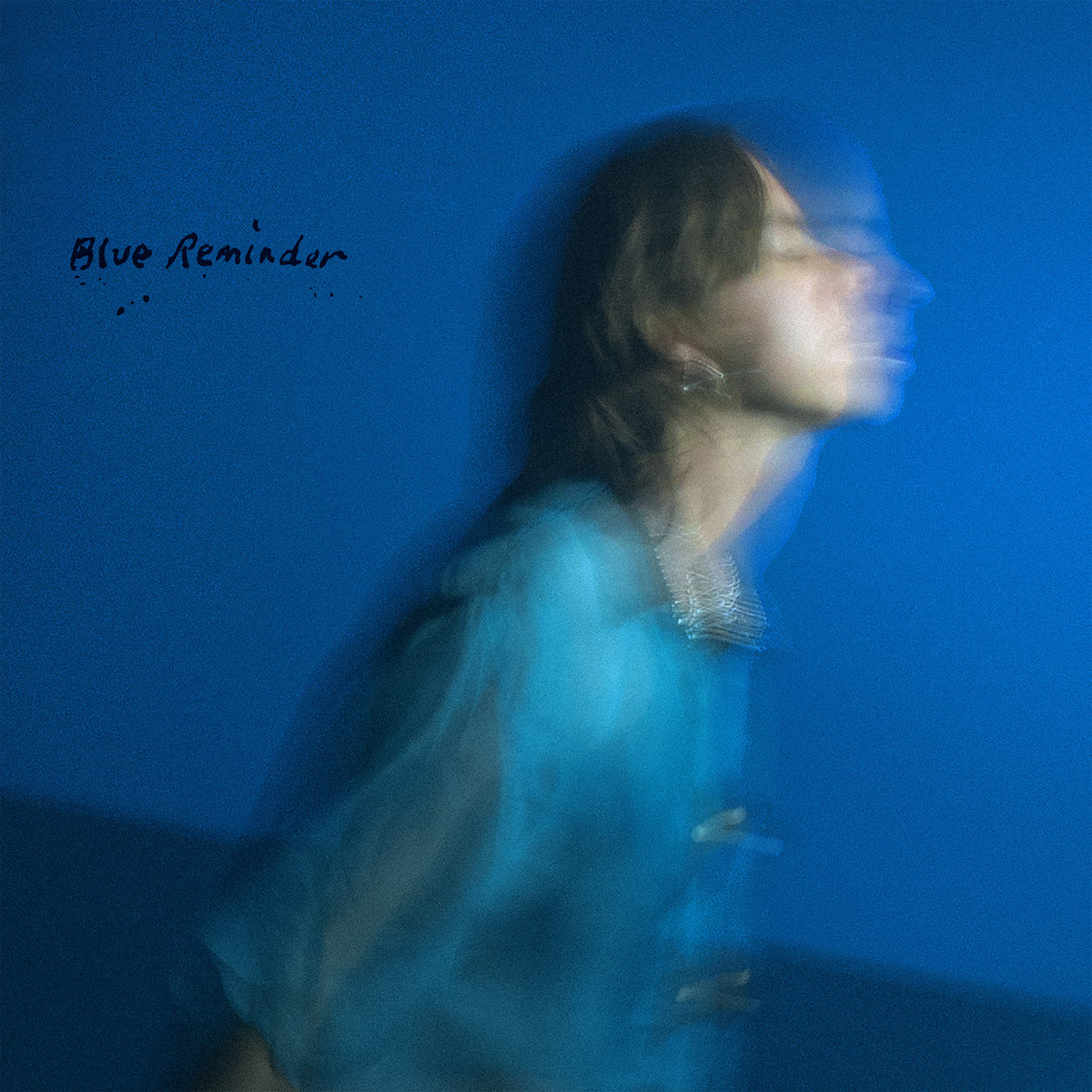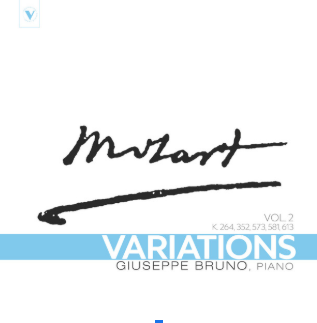Picture a person standing by a window. Shadows casting down on their skin, the dim lights of the room almost incomparable to the thoughts swirling around their head. Outside, the sky is a deep shade of blue, a reminder of the intimate moment in this indifferent world. Hand Habits’ newest album, Blue Reminder, explores deep feelings of love, but circles back to the fear and uncertainty entwined in it. Questioning themes of acceptance, vulnerability and heartfelt intimacy, Blue Reminder pulls you through the free feeling of new love, reluctance to trust, and steps in emotional development.
This album features 12 songs, beginning with “More Today,” a mellow rock track in which the vocals describe the protagonist of the song’s conflict in expressing their love to someone else. In fear of how this love will overtake them, they are torn between the uncertainty of how the other person will respond. These deeply buried feelings begin to rise to the surface within the days the protagonist spends admiring and gazing upon their love interest. “I think I love you more today,” shifts from being emotionally guarded to an expression of wanting commitment. “I was so caught up in someone else’s fantasy. I was lost, mistrusted,” represents the internal struggle of personal anxieties and self-doubt, which is why they are so withdrawn from the idea of pursuing a devoted partnership.
The second song, “Wheel of Change,” expresses the suffocating regret from wasted time lost due to a simple fear. The lines “Now I look back on those years, days lost to crippling fears,” and “I didn’t know how much you cared or that you wanted me here. Do you even want me here?” show a different perspective of the now older, more mature protagonist, reflecting on their many regrets. Their fear held them back from so many chances, chances that they wished they could have back. “Don’t take it away just yet, I need it now, more than ever,” it is impossible to return to the past, yet they are desperately hanging onto longing feelings, even in the present.
“Forgiveness” stands out the most with its distinctive instrumental involving the lone saxophone, incorporating slow jazz, delivering a melancholic atmosphere through the imperfect process of learning to move on from past resentment. Despite the album mostly relying on lyrics, this song is the only one in the album that does not have lyrics. It solely uses instrumentals to represent a somber, almost regretful tone, taking a different direction in taking accountability and letting go of the past; learning to forgive yourself.
All of these songs reflect back on the concept of how love is unpredictable, risky, emotional, and not everyone is prepared for that, either to themself or to others. The reflection of lost time, past mistakes, and a thoughtful look at love is a strenuous yet delicate balance of emotions. Love can be consuming. It is deeply fulfilling, intense, and a challenge. Blue Reminder conveys these conflicting emotions of the protagonist themselves, how their past regrets, fears hold them back from pursuing this thought of love. Yet, they take the time now to change, to learn to slowly forgive themselves. Even through heartbreak, the album still presents vulnerability in exploring genuine connection.
After listening to the album in full, it strongly reminds me of a similar artist that I love, TV Girl. Both artists seem to drive towards the concept of intimacy, yet are different in their views of love portrayed in their music. Blue Reminder values a more committed relationship compared to love represented in a melancholy, yet emotionally distanced protagonist shown in some of TV Girl’s tracks. For anyone looking for an artist who blends favorable and unique instrumentals with lyrical focus on a foundation of mutual respect and trust, give “Blue Reminder” a try.







